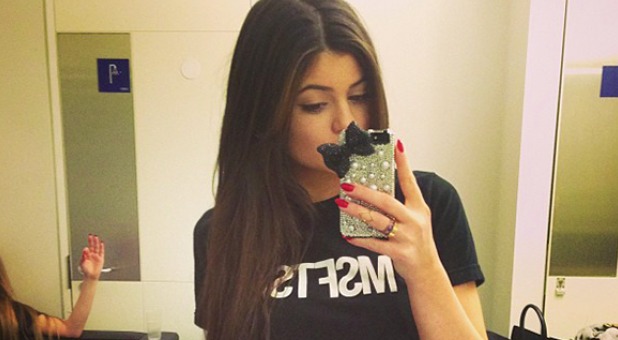Celebrity Role Models Blamed for Rise in ‘Sexting’
Celebrities are the cause of a sharp rise in the number of children sending sexually explicit text messages, a British child-protection expert has warned.
Dr. Zoe Hilton told MPs that schoolchildren are copying the “sexting” trend which is endorsed by adult celebrities.
Speaking to Britain’s Commons Education Committee, she warned that children may be unaware of the dangerous repercussions of sharing explicit pictures.
Hilton, who is the Head of Safeguarding and Child Protection at the Child Exploitation and Online Protection Command (CEOP), said, “Children and particularly older children are looking at celebrities and are looking at what the adult population are doing. … I think we’ve got to the point with older teenagers where sexting is actually a normative behavior.”
Her comments come amid widespread concern about the number of teenagers who are sending sexually explicit messages to people their own age and in some instances even to complete strangers.
Last year, the U.K.’s National Society for the Prevention of Cruelty to Children warned that sexting is now common among teenagers.
It found that 40 percent of young people admit to having sent a sexually explicit image or video of themselves, with 25 percent saying they sent it by text.
In July this year, school children in Nottinghamshire were warned that sending sexually explicit pictures via text and social media could lead to a criminal prosecution. The police sent a letter to all schools in the county, citing the recent case of a teenager who received a caution after “sexting” her boyfriend.
Earlier this month, an alarming report by Ann Coffey MP found that the sexual exploitation of children has become a “social norm” in parts of greater Manchester.
The report, ordered by Police and Crime Commissioner Tony Lloyd, argues that “sexting, selfies, Instagram and the like have given rise to new social norms in changed expectations of sexual entitlement, and with it a confused understanding of what constitutes consent.”
















































